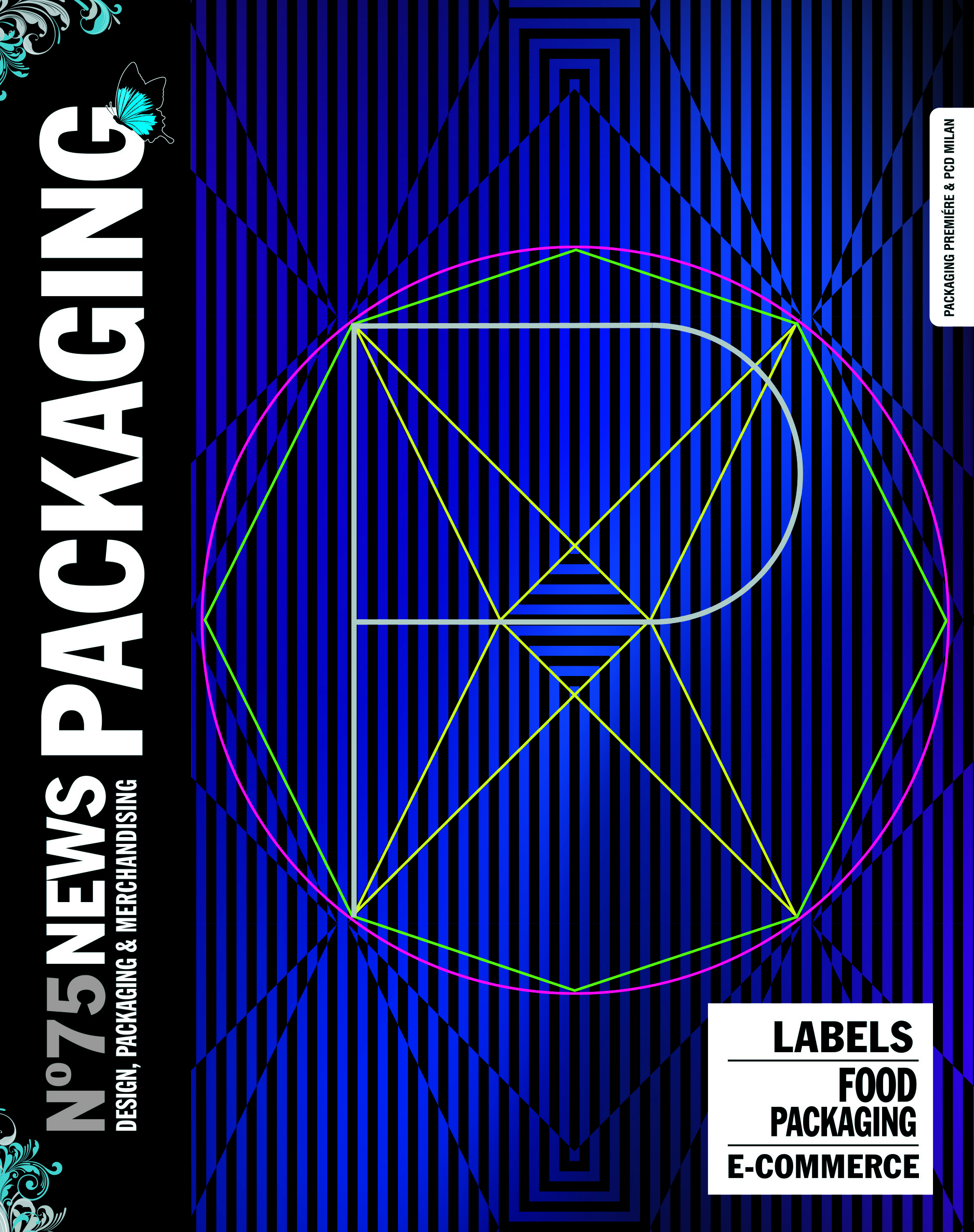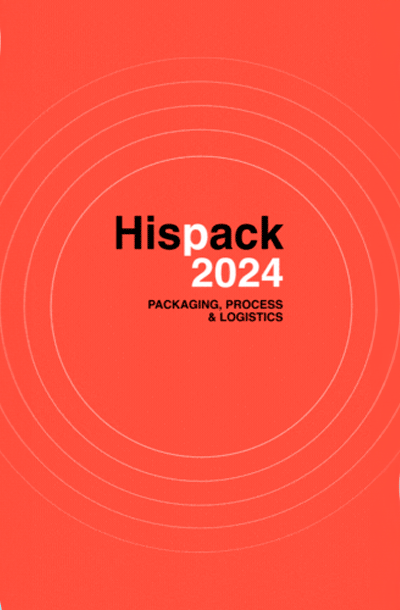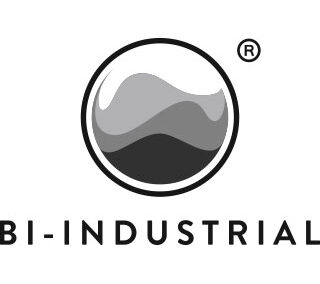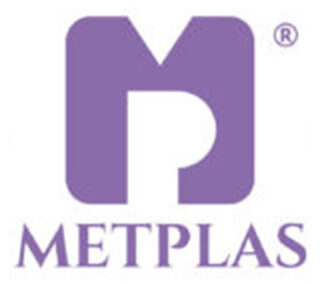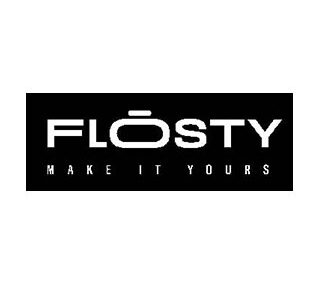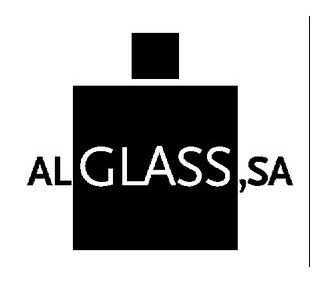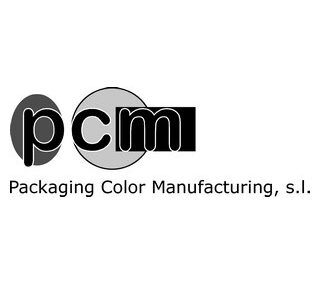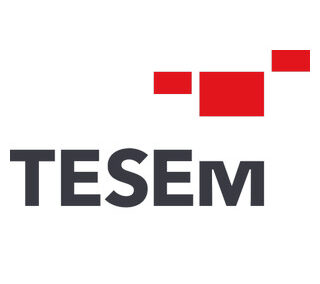The current crisis of Covid-19 especially affects retail sector. By Moinsa, manufacturer of integral solutions in the sectors of commercial and technical equipment, interior logistics and logistics engineering, new concepts and forms of business will emerge, since the social changes that are going to be experienced in this crisis will also drive variations in the ways of consumption.
Moinsa explains in 7 points what they are the most important changes that the retail sector will experience to adapt to this crisis and, furthermore, come out stronger:
1. Change in the organization of spaces. This crisis will change the design of spaces, including their distribution. For example, from now on the spaces will be wider, taking into account that you have to keep one meter of distance between people. Another example is what the restaurant sector did at the beginning of the alarm state as an alternative, focusing on Zero Contact Delivery. For this reason, surely from now on the concept of Delivery must be taken into account more in the design of commercial premises.
2. Re-design of stores. Fashion stores, for example, turned the key with collections that, when they reopen, will belong to last season. For this reason, they will have to put discounts, which will entail the distribution and new design of stores and an optimization of the warehouses so that everything works in a perfectly integrated way. In addition, they will increase the furniture of promotion of POS products, with holograms or displays in movement to attract the attention of the consumer.
3. Prioritization of safety and prevention measures on food surfaces. Due to Covid-19, Moinsa recommends equipment solutions to the food sector so that food is kept in suitable conditions for consumption. For example, made of stainless steel which, among other benefits, are easier to clean and more resistant to water; and wood, which have gained great prominence in stores by providing warmth. In addition, they help to recreate natural spaces, framing fresh products within a setting.
4. Change in the form of payment. Replacing 'payment' with 'self-payment' was already an upward trend before Covid-19, but what it has done is accelerate it. In the food sector, RFID can be included in carts and baskets, or in integrated computer elements, including apps through which to pay and thus eliminate contact with money or cards. Catering, for example, has self-checkout kiosks and for those who find it uncomfortable to select what they want, the trend is moving towards developing selection by voice or with virtual assistants (which, in turn, will help people reduced mobility). The important thing at this point is to be clear that it is not about changing people for technology, but about an integration between the two. In addition, for those who have to improve existing solutions, they can use methacrylate partitions in the counter area, between staff and customers. These do not require installation and are cleaned with water and bleach.
5. Testers, yes or no? Covid-19 is not responsible for changing the tester areas; What has already been happening is that the spaces dedicated to these are reduced. The trend is that there are more waiting areas, with sofas, mobile chargers, etc. that are usually located in these areas; Click and Collect cabinets are also placed for online purchases. Bottom line: this crisis will not eliminate fitting rooms, as customers need to experience shopping, seeing, touching and testing, it will simply result in a redesign.
6. Redistribution of logistics. Today and in the future, it is important to refer to how the supply chain should be optimized. For example, warehouses must be prepared to meet all future demands when the alarm state ends. For this reason, when the time comes, a logistics redistribution will be carried out in all retail sectors.
7. Adaptation to online commerce. As this crisis unfolds, it is clear that many businesses in the retail sector are 'saving' themselves thanks to online sales. Therefore, it is clear that from now on any retail business has to have e-commerce. Experts from the retail sector assure that at this moment the important thing is not "to sell a garment", but to connect with the user.

